Languages of Truth: Essays 2003-2020
19.00 JOD
Please allow 2 – 5 weeks for delivery of this item
Description
From one of our most brilliant cultural commentators– this inspiring collection of recent essays and favourite pieces takes us on a thought-provoking journey through the last two tumultuous decades, offering understanding and entertainment in equal measureRanging easily across a wide variety of subjects, Languages of Truth chronicles a period of momentous cultural and political shifts. Always attuned to the malleable power of language, Rushdie here explores the nature of truth; he looks anew at migration, multiculturalism and censorship; he revels in the creative lines that join art and life, delves into the nature of storytelling as a deeply human need, and interrogates the critical role artists and writers play in shaping society. Throughout, he shares personal encounters, on the page or in person, with storytellers from Shakespeare and Cervantes to Samuel Beckett, Eudora Welty, and Toni Morrison, and what emerges is a love letter to literature itself. Written with Rushdie’s signature wit, intelligence and energy, his new book offers food for thought at every turn, delivering clarity, understanding and memorable pleasures, confirming his place as one of the most original and important thinkers of our time.
Additional information
| Weight | 0.27 kg |
|---|---|
| Dimensions | 2.06 × 13.04 × 20.27 cm |
| PubliCanadation City/Country | Canada |
| by | |
| format | |
| Language | |
| Pages | 368 |
| publisher | |
| Year Published | 2022-7-12 |
| Imprint | |
| ISBN 10 | 0735279365 |
| About The Author | SALMAN RUSHDIE is the author of many novels, including Midnight's Children (for which he won the Booker Prize and the Best of the Booker), The Satanic Verses, Shalimar the Clown, The Golden House, and Quichotte–and one collection of short stories: East, West. He has also published four previous works of non-fiction and coedited two anthologies. He is a member of the American Academy of Arts and Letters and a Distinguished Writer in Residence at New York University. A former president of PEN American Center, Rushdie was knighted in 2007 for services to literature. |
“Like the man himself, [Languages of Truth] is culturally omnivorous, politically engaged and thoroughly optimistic. . . . You feel as if you are in the company of someone who is endlessly delighted by the world around him.” —Hadley Freeman, The Guardian “Rushdie is a polymath of towering cleverness. . . . [Languages of Truth is] engagingly reflective.” —London Evening Standard“[I]n Rushdie’s book of essays, one thought follows another, picks up a theme, a philosophy, contracts and expands, each piece containing a world. A wonderful book to sit down with, to be amused by and to think about. To evoke the power of stories.” —Deborah Dundas, Toronto Star“A big deal . . . What makes [Languages of Truth] monumental is not only that it exclusively features work from the twenty-first century but that it tracks Rushdie’s intellectual development with several cultural shifts that are defining features of this age.” —Literary Hub“Powerful . . . essential reading . . . reminding us that the stories we have told each other over millennia are universal, even if this shared heritage is often lost or forgotten in today’s angry, fractured world.” —Financial Times“The venerable novelist Salman Rushdie’s Languages of Truth has big ambitions. . . . These essays are at their best when he trains his attention on literature.” —The New York Times“Rushdie is vital, expansive, the critic as storyteller, championing his subjects with gusto. . . . A writer to be reckoned with.” —Times Literary Supplement“A grand array of subjects . . . prose that is, by turns, erudite, caustic, and funny . . . engrossing and provocative testimony to our need for the ‘languages of truth.’” —Booklist “[P]rovocative, always stimulating, unfailingly lively, and scholarly yet lucid. . . . [E]xemplary. . . . Rushdie’s thousands of words paint a rich landscape that shows us what it is that makes us who we are.” —Mint Lounge (India) “Defender of heretics, champion of storytellers, Salman Rushdie exults in protean possibility. . . . Languages of Truth stretches from blazing manifesto to nostalgic reminiscence, close-focus review to polite podium utterance. . . . His years as headline and symbol have often occluded the wit and fun of Mr. Rushdie’s work. That zestful spirit makes a comeback here.” —Boyd Tonkin, The Wall Street Journal“[B]ristles with candour and courage. The essays in Salman Rushdie's Languages of Truth leave you buoyant. . . . There is more joy here than despair. Like a song that winds back to its chorus, Rushdie often returns to three of his fondest themes: how stories illuminate, how fiction enlightens, and how truth redeems.” —India Today“This master of magical realism approaches giants of storytelling from the world’s classical cultural hegemons . . . as they relate to his own early memories of discovering the written word, first as a boy in private schools in old Bombay and England, and then as a young writer. . . . With commentary on censorship, bravery, betrayal, poli-tics, transnationalism, language, and more, Rushdie takes the reader on a journey equal parts coolly cerebral, heavily contemplative, and appropriately fantastical.” —Avenue“Ranging from the . . . idiosyncratic to the polemical . . . the pieces are a pleasure to read for their variety, sharpness, and literary brio. . . . This is the universe that Rushdie has sought to capture in his fiction. Languages of Truth illuminates some of the choices, influences and beliefs that have driven this lifelong venture.” —Telegraph IndiaRush“[A] brilliant mind's take on world legacies . . . with the literary confidence that standard reporting rarely manages to muster. . . . [Languages of Truth is] ambitious and addresses the big questions of literature: storytelling, truth, morals and reality. . . . [B]rilliant . . . engaging . . . [and] timely. . . . [W]e see Rushdie at his best: perceptive, funny, cosmopolitan and brave.” —The National“Mesmerizing . . . Rushdie’s writing is erudite and full of sympathy, brimming with insight and wit: ‘Literature has never lost sight of what our quarrelsome world is trying to force us to forget. Literature rejoices in contradiction.’ Rushdie’s fans will be delighted.” —Publishers Weekly (starred review) “Wide-ranging nonfiction pieces by the distinguished novelist, unified by his commitment to artistic freedom and his adamant opposition to censorship in any form. . . . This collection . . . showcases his generous spirit, dedicated to illuminating the work of fellow artists and defending their right to unfettered creativity. . . . Engagingly passionate, and endlessly informative: a literary treat.” —Kirkus Reviews (starred review)“Superb . . . highly recommended for Rushdie fans, as well as readers interested in art, literature, or creative writing.” —Library Journal (starred review) |
|
| Excerpt From Book | Wonder Tales1Before there were books, there were stories. At first the stories weren’t written down. Sometimes they were even sung. Children were born, and before they could speak, their parents sang them songs, a song about an egg that fell off a wall, perhaps, or about a boy and a girl who went up a hill and fell down it. As the children grew older, they asked for stories almost as often as they asked for food. Now there was a goose that laid golden eggs, or a boy who sold the family cow for a handful of magic beans, or a naughty rabbit trespassing on a dangerous farmer’s land. The children fell in love with these stories and wanted to hear them over and over again. Then they grew older and found those stories in books. And other stories that they had never heard before, about a girl who fell down a rabbit hole, or a silly old bear and an easily scared piglet and a gloomy donkey, or a phantom tollbooth, or a place where wild things were. They heard and read stories and they fell in love with them, Mickey in the night kitchen with magic bakers who all looked like Oliver Hardy, and Peter Pan, who thought death would be an awfully big adventure, and Bilbo Baggins under a mountain winning a riddle contest against a strange creature who had lost his precious, and the act of falling in love with stories awakened something in the children that would nourish them all their lives: their imagination.The children fell in love with stories easily and lived in stories too; they made up play stories every day, they stormed castles and conquered nations and sailed the ocean blue, and at night their dreams were full of dragons. They were all storytellers now, makers of stories as well as receivers of stories. But they went on growing up and slowly the stories fell away from them, the stories were packed away in boxes in the attic, and it became harder for the former children to tell and receive stories, harder for them, sadly, to fall in love. For some of them, stories began to seem irrelevant, unnecessary: kids’ stuff. These were sad people, and we must pity them and try not to think of them as stupid boring philistine losers.I believe that the books and stories we fall in love with make us who we are, or, not to claim too much, that the act of falling in love with a book or story changes us in some way, and the beloved tale becomes a part of our picture of the world, a part of the way in which we understand things and make judgments and choices in our daily lives. As adults, falling in love less easily, we may end up with only a handful of books that we can truly say we love. Maybe this is why we make so many bad judgments.Nor is this love unconditional or eternal. A book may cease to speak to us as we grow older, and our feeling for it will fade. Or we may suddenly, as our lives shape and hopefully increase our understanding, be able to appreciate a book we dismissed earlier; we may suddenly be able to hear its music, to be enraptured by its song. When, as a college student, I first read Günter Grass’s great novel The Tin Drum, I was unable to finish it. It languished on a shelf for fully ten years before I gave it a second chance, whereupon it became one of my favorite novels of all time: one of the books I would say that I love. It is an interesting question to ask oneself: Which are the books that you truly love? Try it. The answer will tell you a lot about who you presently are.I grew up in Bombay, India, a city that is no longer, today, at all like the city it once was and has even changed its name to the much less euphonious Mumbai, in a time so unlike the present that it feels impossibly remote, even fantastic: a real-life version of the mythic golden age. Childhood, as A. E. Housman reminds us in “The Land of Lost Content,” often also called “Blue Remembered Hills,” is the country to which we all once belonged and will all eventually lose:Into my heart an air that killsFrom yon far country blows:What are those blue remembered hills,What spires, what farms are those?That is the land of lost content,I see it shining plain,The happy highways where I wentAnd cannot come again.In that far-off Bombay, the stories and books that reached me from the West seemed like true tales of wonder. Hans Christian Andersen’s “The Snow Queen,” with its splinters of magic mirror that entered people’s bloodstreams and turned their hearts to ice, was even more terrifying to a boy from the tropics, where the only ice was in the refrigerator. “The Emperor’s New Clothes” felt especially enjoyable to a boy growing up in the immediate aftermath of the British Empire. And there was Huckleberry Finn, irresistible to a Bombay boy because of its hero’s extraordinary freedom of action, though I was puzzled about why, if the runaway slave Jim was trying to escape the world of slavery and get to the non-slave-owning North, did he get onto a raft on the Mississippi, which flows south?Perhaps tales of elsewhere always feel like fairy tales, and certainly it is one of the great wonders of literature that it opens up many “elsewheres” to us, from the Little Mermaid’s underwater world to Dorothy’s Oz, and makes them ours. But for me, the real wonder tales were closer to home, and I have always thought it my great good fortune as a writer to have grown up steeped in them.Some of these stories were sacred in origin, but because I grew up in a nonreligious household, I was able to receive them simply as beautiful stories. This did not mean I did not believe them. When I heard about the samudra manthan, the tale of how the great god Indra churned the Milky Way, using the fabled Mount Mandara as his churning stick, to force the giant ocean of milk in the sky to give up its nectar, amrita, the nectar of immortality, I began to see the stars in a new way. In that impossibly ancient time, my childhood, a time before light pollution made most of the stars invisible to city dwellers, a boy in a garden in Bombay could still look up at the night sky and hear the music of the spheres and see with humble joy the thick stripe of the galaxy there. I imagined it dripping with magic nectar. Maybe if I opened my mouth, a drop might fall in and then I would be immortal too.This is the beauty of the wonder tale and its descendant, fiction: that one can simultaneously know that the story is a work of imagination, which is to say untrue, and believe it to contain profound truth. The boundary between the magical and the real, at such moments, ceases to exist.We were not Hindus, my family, but we believed the great stories of Hinduism to be available to us also. On the day of the annual Ganpati festival, when huge crowds carried effigies of the elephant-headed deity Ganesh to the water’s edge at Chowpatty Beach to immerse the god in the sea, Ganesh felt as if he belonged to me too; he felt like a symbol of the collective joy and, yes, unity of the city rather than a member of the pantheon of a “rival” faith. When I learned that Ganesh’s love of literature was so great that he sat at the feet of India’s Homer, the sage Vyasa, and became the scribe who wrote down the great Mahabharata epic, he belonged to me even more deeply; and when I grew up and wrote a novel about a boy called Saleem with an unusually big nose, it seemed natural, even though Saleem came from a Muslim family, to associate the narrator of Midnight’s Children with the most literary of gods, who just happened to have a big trunk of a nose as well. The blurring of boundaries between religious cultures in that old, truly secularist Bombay now feels like one more thing that divides the past from India’s bitter, stifled, censorious, sectarian present.The Mahabharata and its sidekick, the Ramayana, two of the longest wonder tales of all, are still alive in India, alive in the minds of Indians and relevant to their daily lives, in the way the gods of the Greeks and Romans were once alive in Western imaginations. Once, and not so long ago, it was possible in the lands of the West to allude to the story of the shirt of Nessus, and people would have known that the dying centaur Nessus tricked Deianira, the wife of Heracles or Hercules, into giving her husband his shirt, knowing it was poisoned and would kill him. Once, everyone knew that after the death of Orpheus, greatest of poets and singers, his severed head continued to sing. These images and many others were available, as metaphors, to help people understand the world. Art does not die when the artist dies, said Orpheus’s head. The song survives the singer. And the shirt of Nessus warned us that even a very special gift may be dangerous. Another such gift, of course, was the Trojan horse, which taught us all to fear the Greeks, even when they bring gifts. Some metaphors of the wonder tales of the West have managed to survive.But in India, as I grew up, the wonder tales all lived, and they still do. Nowadays it isn’t even necessary to read the full Ramayana or Mahabharata; some may be grateful for this news, because the Mahabharata is the longest poem in world literature, over two hundred thousand lines long, which is to say ten times as long as the Iliad and Odyssey put together, while the Ramayana runs to around fifty thousand lines, merely two and a half times as long as the combined works of Homer. Fortunately for younger readers, the immensely popular comic-book series Amar Chitra Katha, “immortal picture stories,” offers adept renderings of tales from both. |
Only logged in customers who have purchased this product may leave a review.

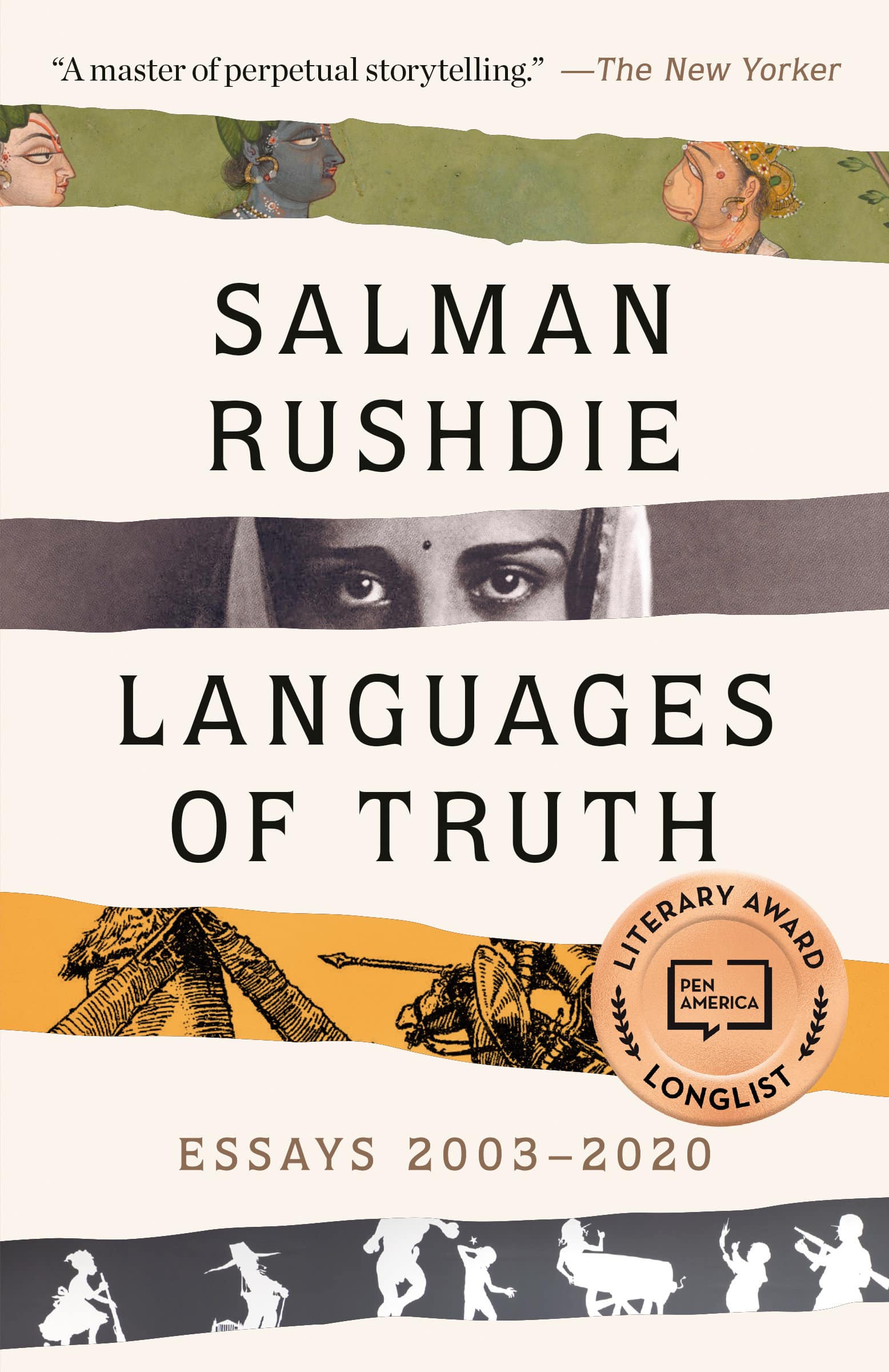
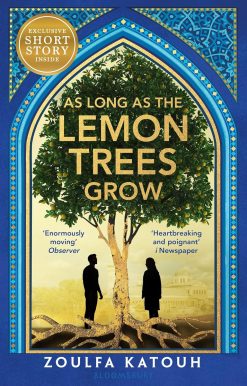
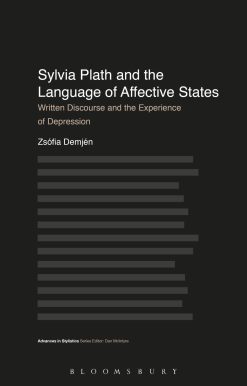
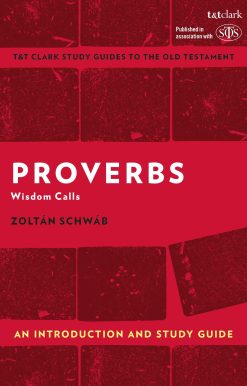
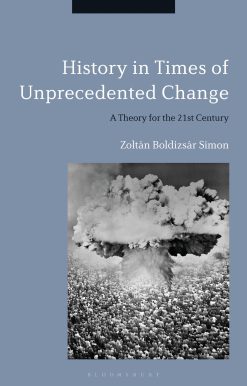
Reviews
There are no reviews yet.